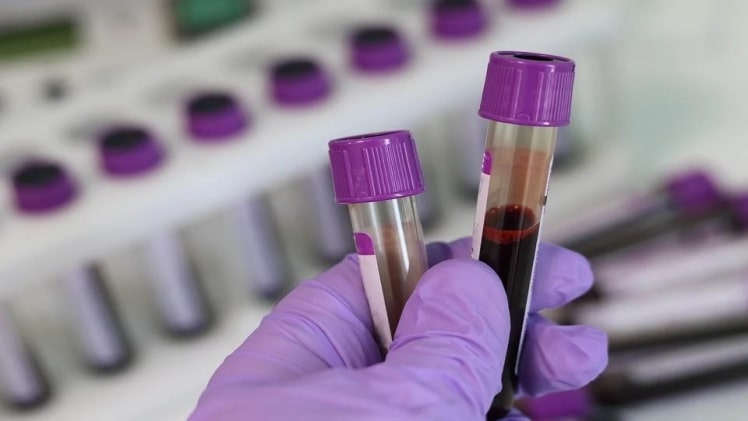Three types of cells may be found in the blood. There are two types of blood cells: red blood cells, which transport oxygen, and white blood cells, which aid in the battle against infection. Platelets are another type of cells that play an important role in the clotting process.
In addition, there is plasma, which delivers essential bodily substances like minerals and hormones. Antibodies are molecules produced by your body and used by your immune system to combat external invaders such as bacteria and germs. Your plasma includes antibodies.
The components of the blood help in combating a lot of diseases. But there are a lot of patients who suffer from diseases like leukemia, blood cancer, and thalassemia whose blood does not function properly and hence need a regular blood transfusion. This is one of the prime reasons why you should donate blood. Choose properly certified organizations (like Vitalant) while donating blood.
There are eight primary blood types denoted by the letters A+, A-, B+, B-, O+, O-, and AB+ or AB- respectively. Not only is it essential to know your blood type in the event of a medical emergency, but it may also provide you with some fascinating information about your health. Examine the implications of several recent research findings for the possible impact that your blood type has on your overall health.
Coronary Artery Disease
People with blood type O have the lowest risk for developing cardiovascular disease out of the eight primary blood types. People with blood types AB and B are at the highest risk, which may be because these blood types experience greater levels of inflammation. People with blood types AB and B should emphasize leading a heart-healthy lifestyle.
Cancer
Cancer Research has shown that those with blood types A or AB are more likely to develop stomach cancer. In addition, if you have blood type A, B, or AB, there is a possibility that your chance of developing pancreatic cancer is higher. If you belong to this category, you should be sure to stock up on foods that fight cancer since doing so may help lower the chance of contracting the disease.
Stress
It’s possible that those with type A blood will have a more challenging time dealing with stress. Cortisol, often known as the stress hormone, is typically found in higher quantities in the bodies of people who have type A.
Why You Must Know What Type of Blood You Have
The blood that flows through your veins is an astonishing and necessary component of your body. There are various reasons why knowing which of the eight blood types is at work inside your body is significant. This knowledge may assist you in maintaining your health and even planning for the future.
1. In The Event Of An Emergency, To Receive The Appropriate Transfusion
In the event of a medical emergency, knowing your blood type is the single most crucial thing you can do to protect yourself and others. After an accident, surgery, or birth, if you need a blood transfusion, you will require blood compatible with your body. Because antigens in the blood may provoke an immune reaction in the body if they are alien to the body, receiving the wrong type of blood may cause dangerous clots to form in the body’s veins.
2. For You To Be Aware Of Your Donor Type
The ability to donate blood to others in need is among the most compelling arguments in favor of being familiar with one’s blood type. In the aftermath of a natural catastrophe, a tragic event, or an increase in the number of accidents caused by vehicles, local groups may sometimes put out a request for certain sorts of donations. Most of the time, there is a great deal of demand for types O-negative and O-positive.
3. To Have A Happy And Healthy Pregnancy
There are instances in which the kind of blood a person has might affect their fertility. According to specific studies’ findings, women with type O blood may be at a greater risk of developing a condition known as decreased ovarian (egg) reserve.
This condition indicates that it may be more challenging for these women to get pregnant. However, fertility specialists can discuss issues such as these to help you better understand the variables that influence your fertility. They can give you several recommendations like maintaining a healthy lifestyle, breaking bad habits, or undergoing procedures such as IVF or home insemination.

